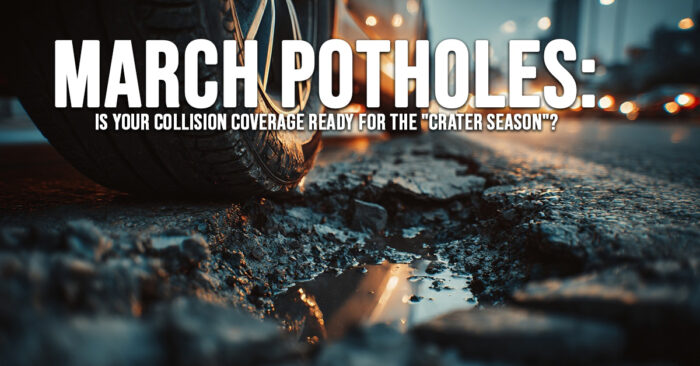When to Drop Comprehensive Car Insurance

When to Drop Comprehensive Car Insurance
Comprehensive car insurance can be a valuable asset, but it can also be expensive. If you have an older car, you may be wondering whether it’s still worth paying for comprehensive coverage.
In general, you should drop comprehensive car insurance if your premiums exceed about 10% of your vehicle’s value. This is because the maximum amount you could recover from comprehensive coverage is typically the actual cash value of your car, minus your deductible. If your premiums are higher than 10% of your car’s value, you’re essentially paying more for coverage than your car is worth.
Here’s an example. Let’s say your car’s actual cash value is $5,000 and you have a $500 deductible on your comprehensive coverage. The most you could recover from comprehensive coverage if your car were totaled in an accident or stolen is $4,500. If your premium for comprehensive coverage is $450 annually (10% of the maximum $4,500 the insurance company would pay), you should consider dropping your comprehensive coverage.
Of course, there are a few factors to consider before you drop comprehensive coverage. First, you need to make sure you have liability insurance. All states require liability insurance, and it’s important to have this coverage in case you cause an accident.
Second, you need to consider your financial situation. If you can’t afford to replace your car if it’s totaled in an accident or stolen, you may want to keep comprehensive coverage. However, if you can afford to replace your car, you may be better off dropping comprehensive coverage and saving money on your premiums.
Finally, you need to consider your risk tolerance. If you’re worried about your car being damaged or stolen, you may want to keep comprehensive coverage. However, if you’re comfortable with the risk of not having comprehensive coverage, you can save money by dropping it.
If you’re not sure whether or not to drop comprehensive car insurance on your older car, talk to your insurance agent. They can help you assess your risk and make a decision that’s right for you.
Here are some additional tips for saving money on car insurance:
- Shop around for quotes from different insurance companies.
- Raise your deductible.
- Take advantage of discounts, such as discounts for good driving records, multiple cars, and anti-theft devices.
- Consider bundling your car insurance with your homeowners or renters insurance.
By following these tips, you can save money on car insurance and still protect yourself financially.
Do you have questions about your insurance? Find an insurance agent near you with our Agent Finder
Search All Blogs
Search All Blogs
Read More Blogs
March Potholes: Is Your Collision Coverage Ready for the “Crater Season”?
Road craters are appearing everywhere this March. Discover the insurance math behind pothole damage and how to keep your premiums from spiking.
Spring Skies and Structural Eyes: Why a March Roof Check is Your Best Insurance Policy
Don’t wait for a leak to check your roof. Learn how to spot late-winter damage and protect your home’s structure this March.
The Mystery of the Plastic Baby: A Guide to Mardi Gras and the King Cake
Why is there a baby in the cake? Discover the history and traditions of Mardi Gras 2026 and the delicious mystery of the King Cake.
Let the Good Times Roll—Safely: Mardi Gras Liability for Your Business
Hosting a Mardi Gras party this Tuesday? Make sure your business has the right event liability and liquor coverage before the beads start flying.
The Business “Prenup”: Why Business Partners Need Life Insurance in February
Love your business partner? Protect your company with a Life Insurance-funded Buy-Sell agreement to ensure the business survives the unexpected.
Heading South? Insuring Your Mid-Winter Break Road Trip in February
Driving to find some sun this week? Check your roadside assistance and rental car coverage before you leave the driveway.
Spring Dreams, Winter Schemes: Updating Your Insurance Before Your Spring Renovation
Planning a Spring kitchen remodel? Learn why you need to call your insurance agent before the contractors arrive to ensure your project is covered.
Shadow or Spring? The Quirky Science and Folklore of Groundhog Day 2026
Will he see his shadow? Dive into the history and humor of Groundhog Day 2026 and why we still trust a rodent with our weather forecasts.
Stocked for Love: Protecting High-Value Valentine’s Inventory with Business Insurance
Is your Valentine’s stock protected? Ensure your business insurance accounts for the massive inventory surge happening in early February.
New Life, New Responsibility: Why a February Arrival Means Updating Your Policy
Welcoming a new family member this February? It’s time to move life insurance to the top of your to-do list to ensure your child’s future is secure.









